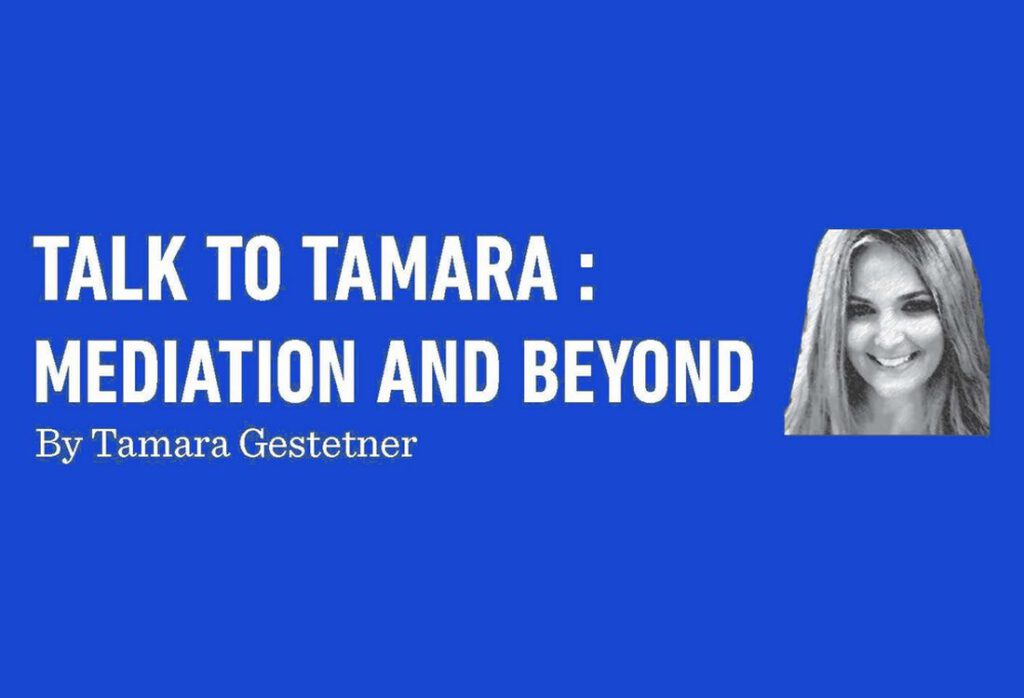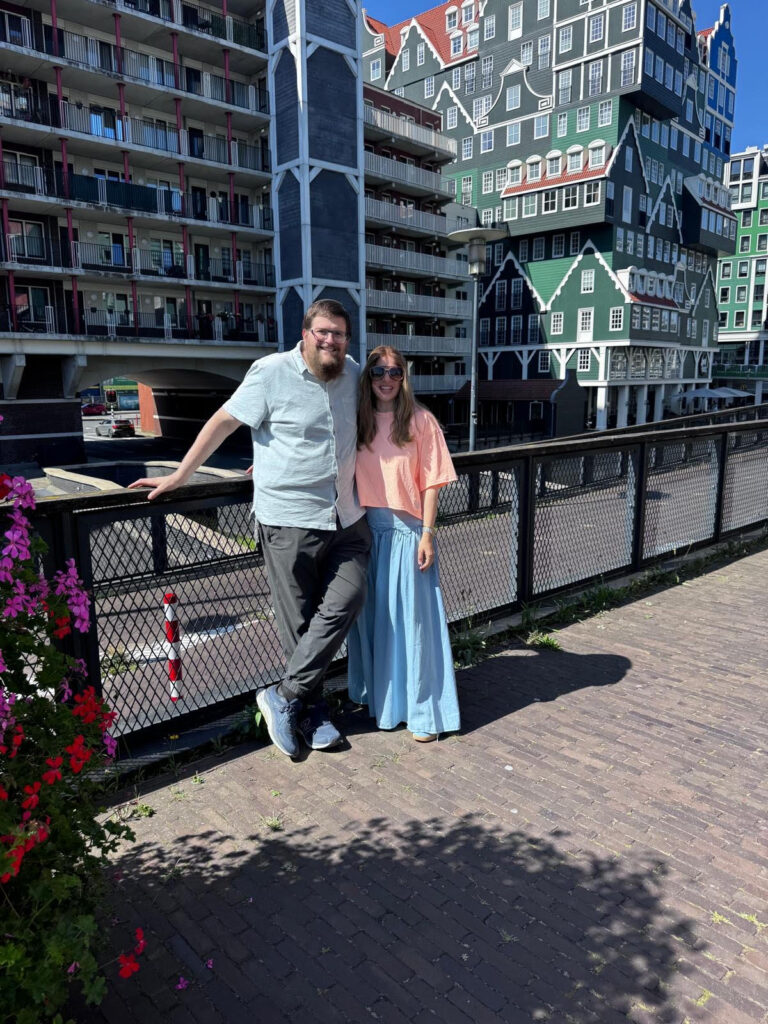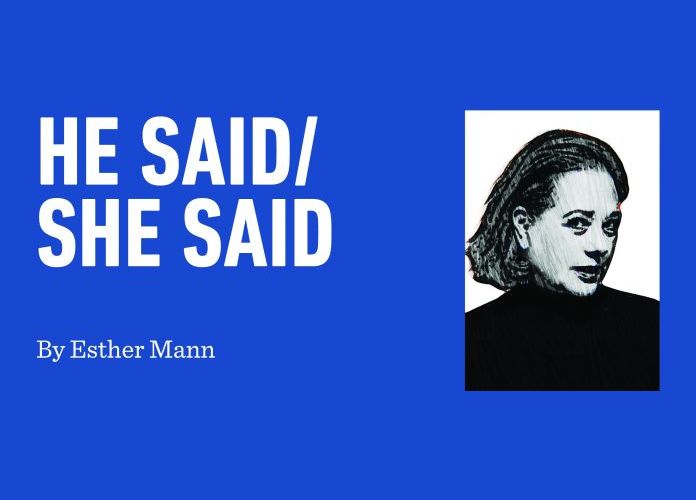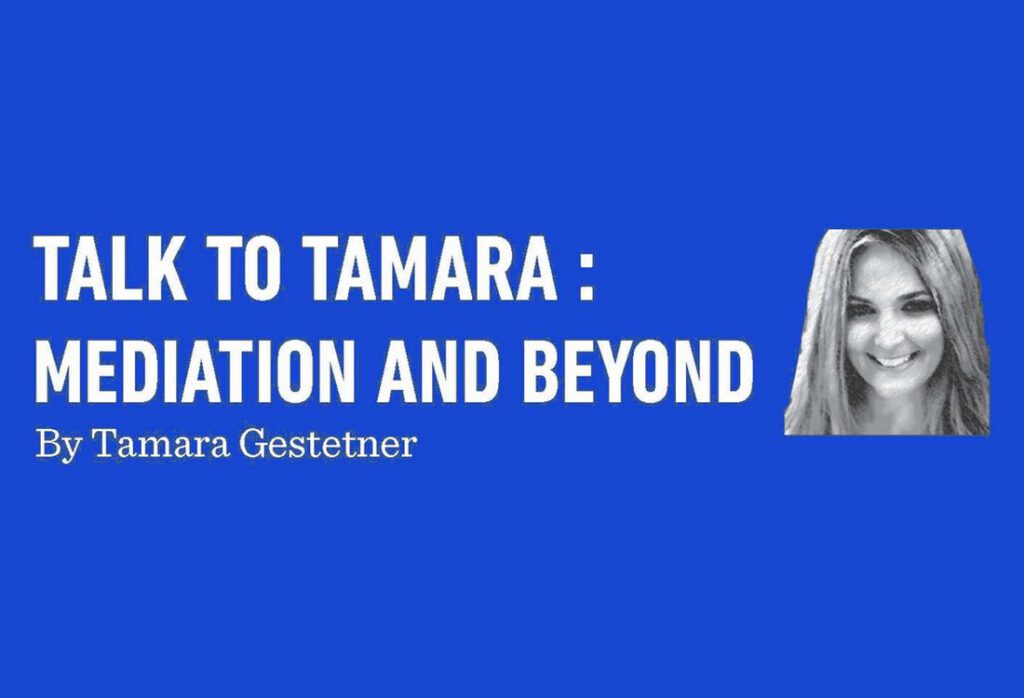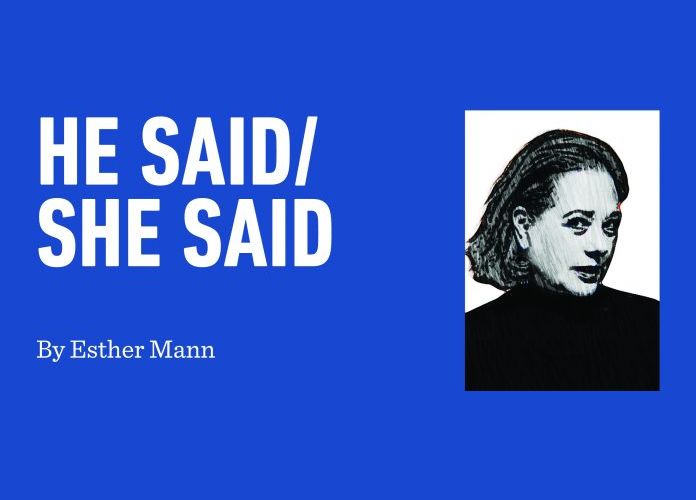Fear: The Silent Prison Guard
Recently, someone called me and confided, “My job feels like a prison sentence. I’m good at what I do and I make a decent salary, but I hate it. Every morning feels like I’m walking back into prison. Every two years I tell myself I’m going to leave, but fear always holds me back.”
He went on to share that his dream was to own his own business. He even saw an ad for one that was for sale and picked up the phone to call. For a brief moment, he felt alive again, imagining himself as the owner. But just as quickly, he shut it down. He told himself that he would never find the capital, so what was the point in even trying? And with that, he stayed locked in what he called, his “prison sentence.”
He reached out to me about career coaching. We spoke. He was interested, but didn’t sign up. Maybe it was money. Maybe it was timing. Or maybe, just maybe, it was his fear standing in the way yet again.
That conversation replayed in my mind for days. Because he is not alone. So many of us are stuck in the same patterns. We use logic and excuses to cover up what is really fear. We say, “It’s not the right time,” or “I’m too old,” or “I don’t have the right connections.” We mask it with responsibility and rational thought, but underneath is the same thing, irrational fear.
Fear shows up in quiet, subtle ways. It doesn’t always scream. Sometimes it’s a whisper that convinces you to stay safe, to keep your head down, to tell yourself the life you have is “good enough.” That whisper is powerful because it robs you of what could have been.
What separates the people who step out of that cycle from the ones who stay is not intelligence, talent, or even resources. We love to believe that successful people have something we don’t, but research shows that’s not true. In fact, psychologist Angela Duckworth found in her studies of West Point cadets, teachers, and business leaders that grit and perseverance despite fear, was a better predictor of success than IQ or talent. The people we admire often have one defining trait: they don’t let fear dictate their lives.
History is filled with examples. Colonel Sanders was 65 years old when he franchised his first KFC after being rejected more than a thousand times. Vera Wang was 40 before she designed her first wedding dress, after failing to make the Olympic figure skating team and being passed over for a promotion at Vogue. Nelson Mandela spent 27 years in prison before becoming the President of South Africa. None of them started with a straight path or unlimited resources. What they shared was their refusal to let fear of failure, rejection, or limitations keep them stuck.
There is something to be said about risk takers and non-risk takers. The difference is striking. Risk takers rarely have straight paths. Their lives are filled with ups and downs, failed ventures, experiments that didn’t work, ideas that fizzled out. But those very risks create movement. They learn, they pivot, they try again, and in the process, they build lives that often look fuller, richer, and more aligned with who they are.
Non-risk takers, on the other hand, tend to live steadier lives. There is comfort in routine, in staying with what is safe and predictable. But safety comes with a cost. It can lead to quiet dissatisfaction, the kind that sits just under the surface. You can feel it in the man who told me his job was like a prison sentence. On the outside, he has stability, a steady income, a role people would envy. But on the inside, he feels stuck.
At the same time, not everyone is meant to be a risk taker. Some people are truly content with what they have. Judaism even gives us a phrase for this: sameach b’chelko, happy with one’s lot. There is a beauty and holiness in gratitude, in being able to say, “What I have is enough.” The challenge is knowing when the contentment you feel is genuine, and when it is fear disguising itself as contentment.
The Torah doesn’t ignore fear. Moshe Rabbeinu himself was afraid. When Hashem told him to go to Pharaoh, Moshe hesitated. He doubted himself, saying he wasn’t a man of words, that people wouldn’t listen to him. Fear held him back, too. How did Hashem respond? With reassurance. “I will be with you,” Hashem told him. He sent Aharon to stand by his side. Moshe didn’t suddenly become fearless. He simply stepped forward anyway, carrying his fear but not letting it stop him. That lesson feels timeless. Fear will always exist. The question is whether it controls us or whether we lean on faith, courage, and support to walk through it.
I used to roll my eyes at the idea of mindset. It sounded too abstract, like something people said when they didn’t want to face real life. But the more I live, the more I see that it’s everything. Studies show that 85 percent of the things we worry about never happen, yet we let those imagined scenarios dictate our choices. CEOs and entrepreneurs often swear by meditation, visualization, and journaling, not because they are trendy practices, but because they rewire the brain to face fear differently. They know their mindset is not an accessory; it is the foundation.
This comes up for me in my own life. Somewhere along the way, I became the token family speaker at every simcha. At first, I would say yes and then spend days regretting it. I would get so nervous before speaking that my heart raced, my palms dripped with sweat, and my words stumbled. I wondered each time why I agreed to it. Yet, every single time, when I finally pushed through and spoke, I walked away thinking that I loved it. The fear never fully left, but what mattered was that I chose not to let it win.
The more I did it, the more I realized that public speaking was not just something I could do, but something I loved. There is a feeling I get when I’m standing in front of a room, when people are leaning in, listening, connecting, that feels electric. As much as I dread it beforehand, the moment I stand in front of an audience, I feel alive. Somewhere deep down, I know this is what I want more of. If I could choose, I would be on a stage. I would be sharing stories, teaching, inspiring, connecting. I think about what it would feel like to stand on a stage with hundreds of faces looking back, not because I am fearless, but because I finally decided that fear doesn’t get to hold me back anymore.
And yet, even as I write these words, I know there are still countless areas where I let fear win. Ideas that never make it past the notebook, dreams I tell myself are “too big,” opportunities I hesitate to take because I don’t feel ready. I know I am not alone in that. We all have those hidden places where fear keeps us small, even when we know there is more waiting for us.
As we get older, fear often disguises itself as maturity or practicality. We say we are being wise by not taking a risk, when really, we are avoiding discomfort. It becomes easier to accept the routine, tell ourselves that big things are for the younger people, and our chance has already passed. But complacency is just fear wearing a different mask.
I think about the man who called me and described his job as a prison. I wonder what his life would look like if he had followed through with that business idea and kept moving forward. What would his life feel like if he wasn’t ruled by that constant fearful voice? That is a question all of us should ask.
What would you do if fear wasn’t in your way? What would you try, who would you call, what idea would you act on? That one question has the power to expose what you have been avoiding and also what you care about most.
Fear doesn’t disappear. If anything, the longer we wait, the louder it gets. But courage is not about waiting for fear to be gone. It is about recognizing it and acting anyway. The people we admire are not fearless. They just stopped treating fear like it had the final word.
So maybe the challenge isn’t to become fearless. Maybe it’s to become unwilling to let fear hold the keys to your life.
Because otherwise, you might wake up ten years from now and realize that you’ve been serving a sentence you never had to serve at all. n
Tamara Gestetner is a certified mediator, psychotherapist, and life and career coach based in Cedarhurst. She helps individuals and couples navigate relationships, career transitions, and life’s uncertainties with clarity and confidence. Through mediation and coaching, she guides clients in resolving conflicts, making tough decisions, and creating meaningful change. Tamara is now taking questions and would love to hear what’s on your mind—whether it’s about life, career, relationships, or anything in between. She can be reached at 646-239-5686 or via email at [email protected]. Please visit TamaraGestetner.com to learn more.





